-

How we feed into our depression / anxiety
Another question that is often asked to me when people are calling me up to sort of screen me to see if I’m the right fit is they’ll ask me, how I work with their depression / anxiety? I try to approach it as a relational model. I do Cognitive Behavioral Therapy as well. Most…
-
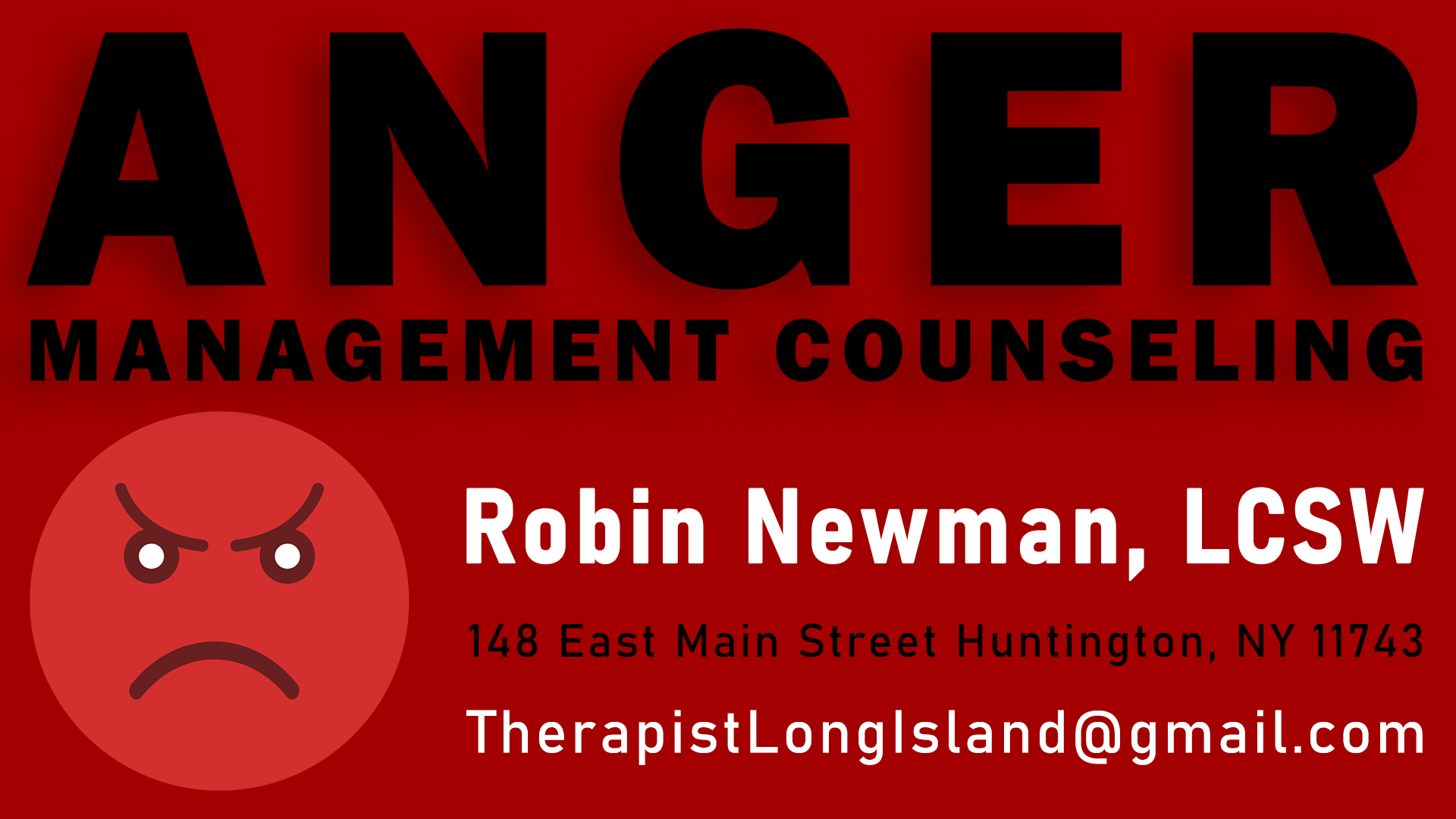
Anger Management: Symptoms & Triggers
Anger is a natural response humans have to certain situations, and it should in no way be something we’re ashamed of. However, having troubles controlling your anger can be an issue. Problems with anger management, often called having “anger issues,” only becomes a problem when you can no longer control it. Anger shows itself as…
-
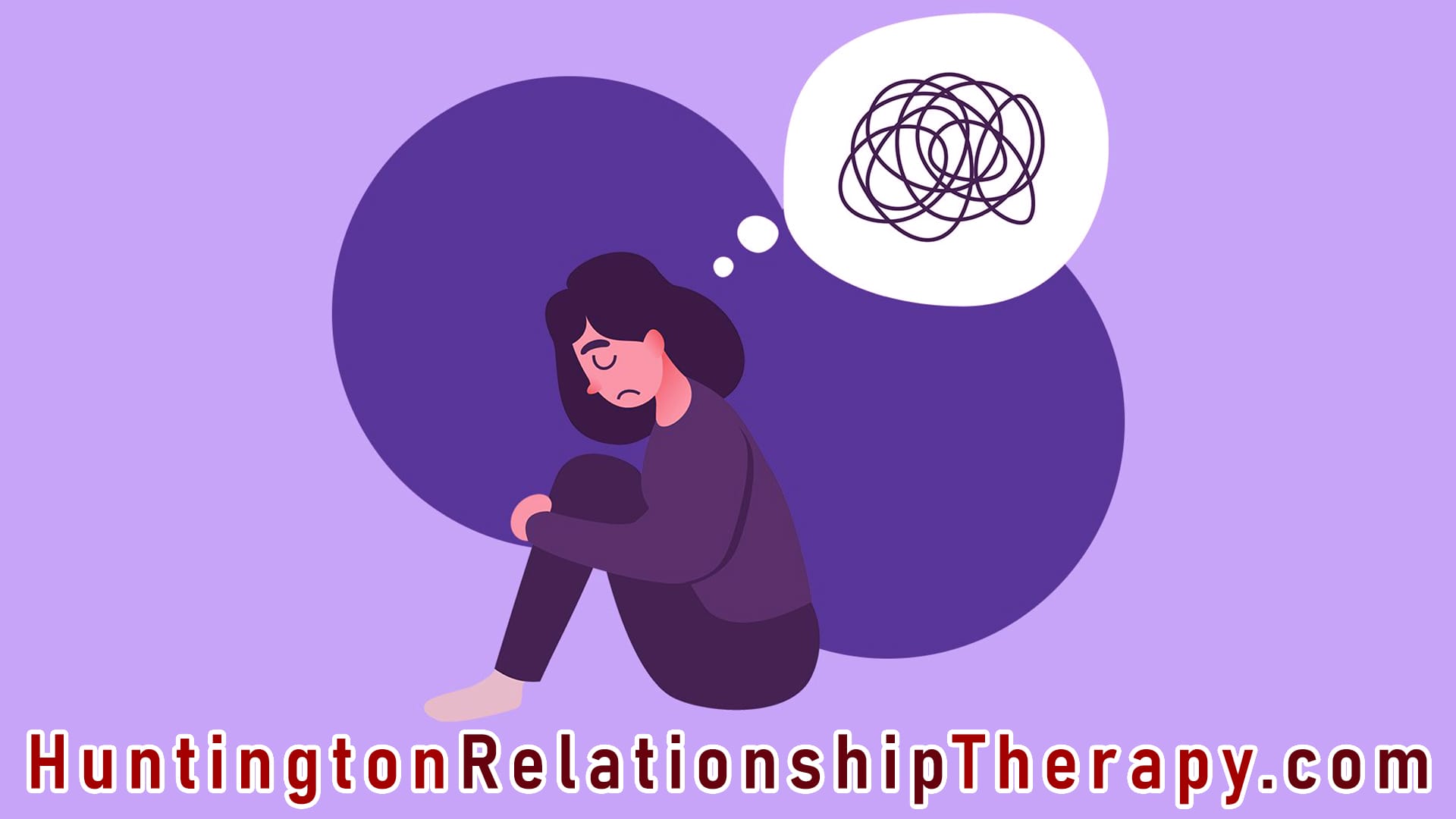
Steps to Combat Anxiety
Steps to Combat Anxiety: The experts say that we are all suffering from anxiety right now and I believe them. It may manifest itself in different ways for different people, but we all feel it. Sometimes, things are so obvious that we think we shouldn’t even have to say it, but during times of great…
-
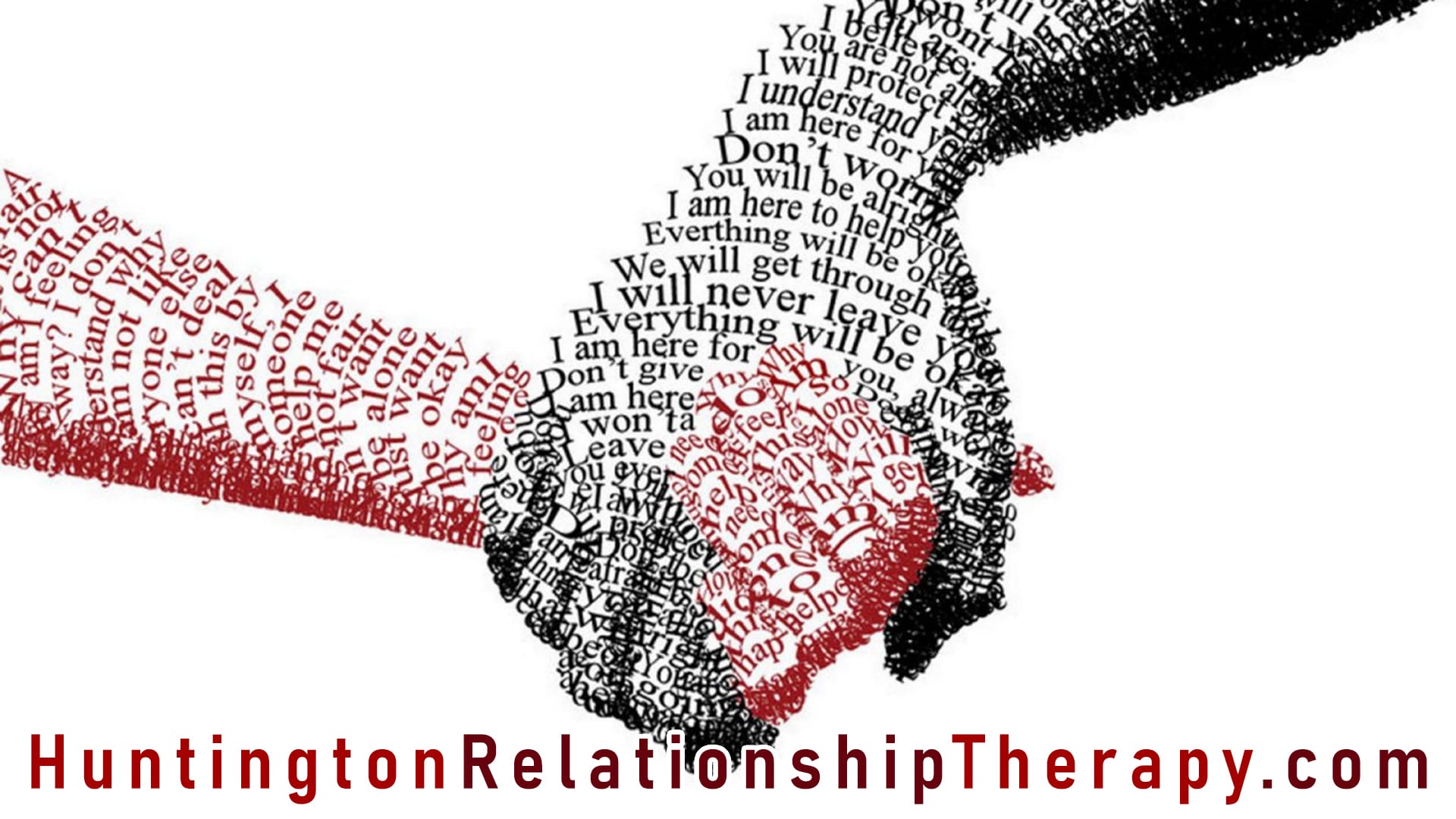
Stay in connection 2020
Stay in connection 2020 – Huntington Relationship Center – Imago Relationship Therapy Humans are social animals: We crave feeling supported, valued and connected. Research points to the benefits of social connection: in one compelling study, a key difference between very happy people and less happy people was good relationships. Communicate to help manage anxiety and…
-
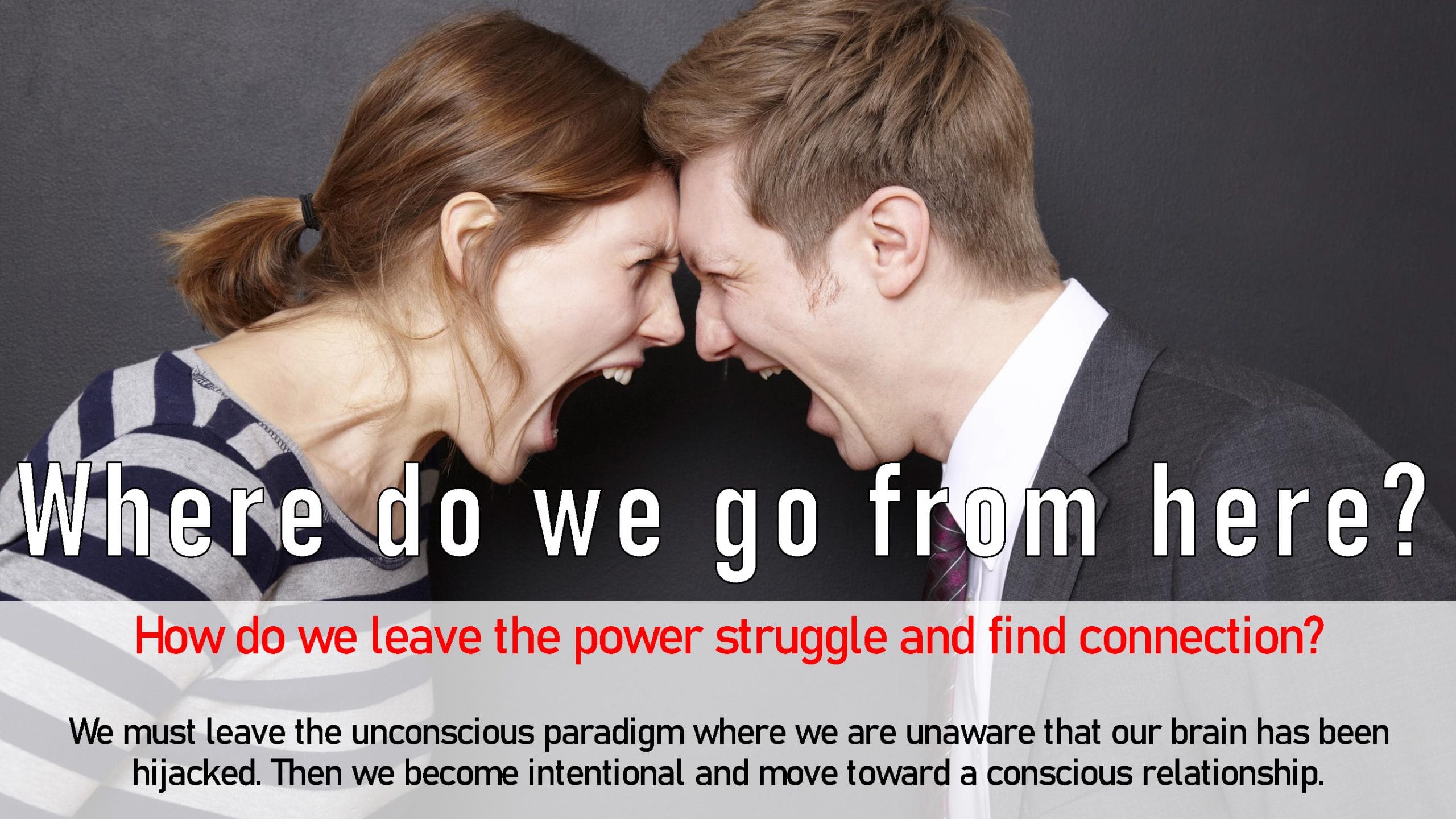
Heightened Stress in 2020 – Counseling for NYers
Heightened Stress in 2020 – Counseling Services for NYers – Robin Newman, LCSW Invest In Your Love A relationship goes through numerous phases during its life cycle, and it’s obvious for it to have a few rough patches. The strength of a relationship is reflected in how couples deal with the rough patches and move…
-
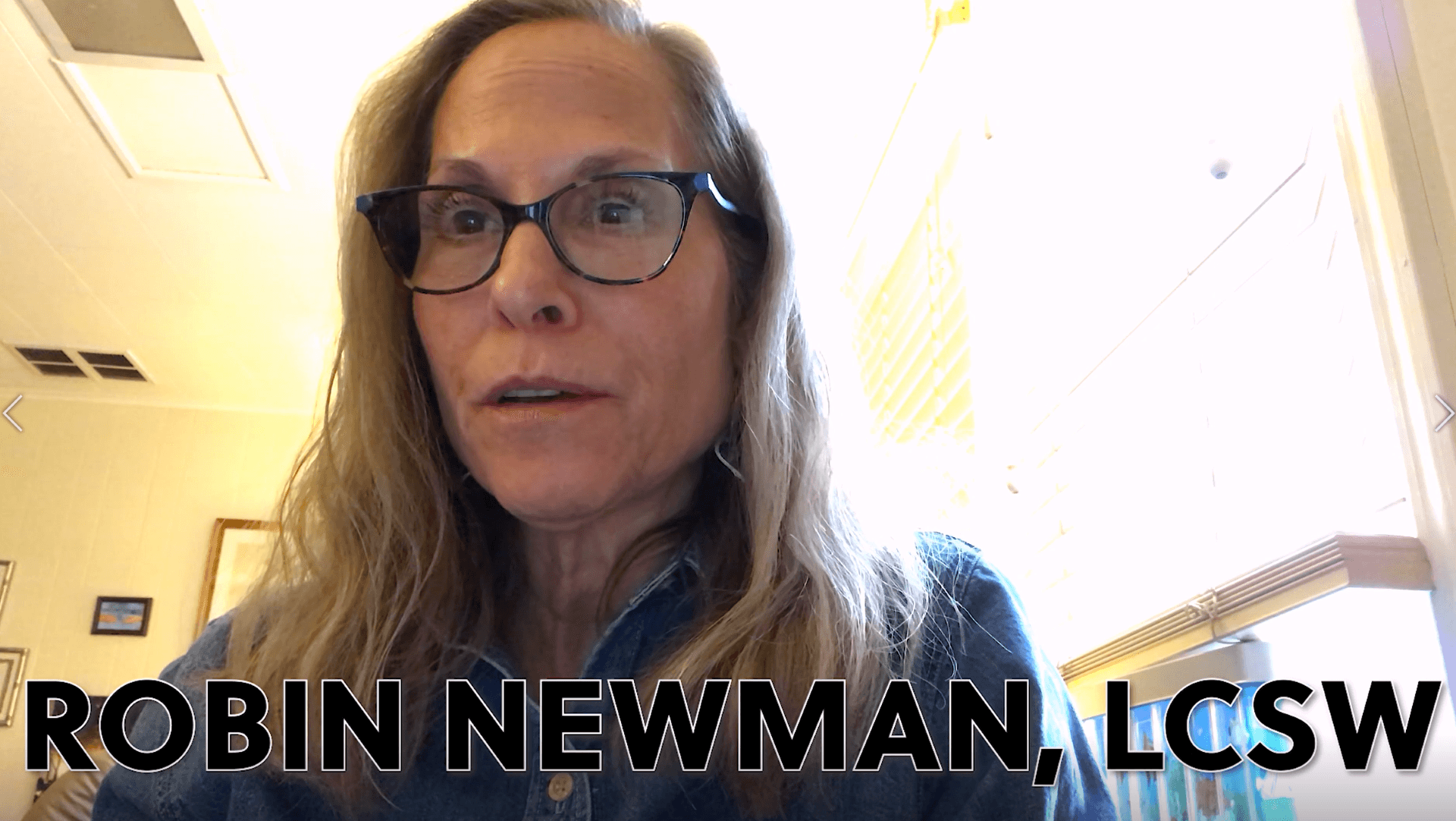
Prayer for Gratitude during Coronavirus
I found something that is very touching that I’d thought I would share with you in order to help you get through today. It’s a prayer for gratitude. Also, after I read this, I’m going to share ways to keep yourself from getting less anxious. If you find that you are getting very anxious during these…
